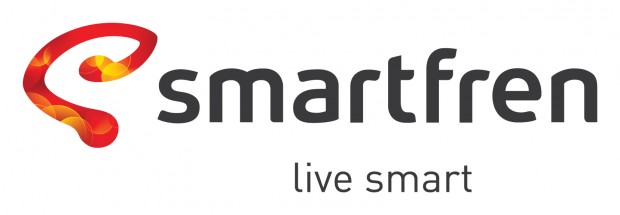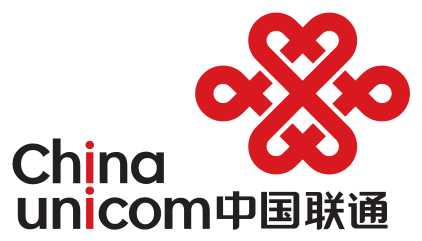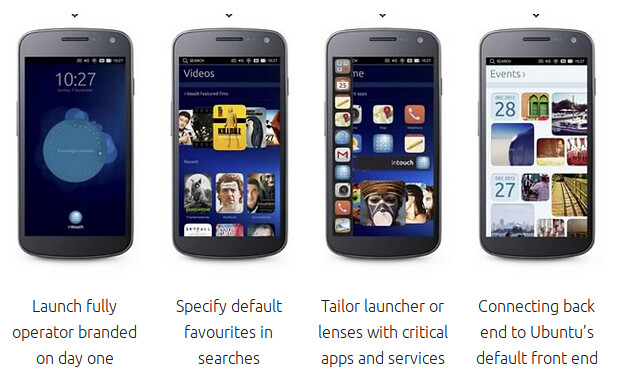A few weeks ago we [announced the Ubuntu Carrier Advisory Group](https://ubuntu-cag.com/) (CAG). The CAG is designed to provide a place where carriers can help influence the development and requirements of Ubuntu for smartphones.
The founding members of the CAG were *Deutsche Telekom, Everything Everywhere, Korea Telecom, Telecom Italia, LG UPlus, Portugal Telecom, SK Telecom* and the *leading Spanish international carrier*.
I just wanted to follow up with a few CAG-related updates.
## New Carriers
Firstly, we are pleased to announce two new carriers that have joined the CAG.

Last week we announced *PT Smartfren Telecom*, the largest mobile internet provider in Indonesia, an important market for the Ubuntu smartphone.
Richard Tan, Deputy CEO at Smartfren, commented:
> “Ubuntu is an important option for Indonesia because it offers an attractive, flexible and differentiating solution for smartphones”.
Today we followed up with another carrier in the form of *China Unicom*; one of the world’s largest mobile operators, with nearly 300 million mobile subscribers.

Li Xingxin at China Unicom’s terminal research and support center commented:
> “Ubuntu can be an exciting new platform for the Chinese market, offering a brand new user experience that balances user simplicity with operator requirements”.
We are delighted to welcome both *PT Smartfren Telecom* and *China Unicom* to the CAG! We also have some other carriers to announce, including a large US carrier; more details on that soon.
## Differentiation and Scopes
When it comes to mobile devices, there’s a thin line between differentiation and fragmentation. Differentiation is enabling phone manufacturers and carriers to put their own stamp not just on the outside of the phone but also on the inside. To stand out against the competition in today’s market, manufacturers and carriers must go beyond the phone hardware itself and provide value-added services such as music and video content to the user.
*Victor Palau*, VP, Phone & Hyperscale Delivery at Canonical wrote an excellent piece on this topic called [Differentiation Without Fragmentation](https://insights.ubuntu.com/news/differentiation-without-fragmentation/) and talks about the areas in which Ubuntu Phone can be given a unique brand and identity via theming, default applications and content, pre-defined launcher applications, and connecting backend content to default Ubuntu front-end applications.

A core method of differentiating is at the content level with music, video, applications, services, and other material. This is where our powerful *scopes* technology comes in, providing a way of delivering content to users, front and center, with a consistent experience…all while avoiding fragmentation.
For those of you who are interested in writing a scope to expose content and services to Ubuntu devices, see [an overview of the technology](https://developer.ubuntu.com/resources/platform/scopes/), our [tutorial for writing a scope](https://developer.ubuntu.com/resources/tutorials/scopes/writing-a-unity-scope/), our growing [cookbook with common scopes-related questions](https://developer.ubuntu.com/resources/cookbook/unity-scopes/).








